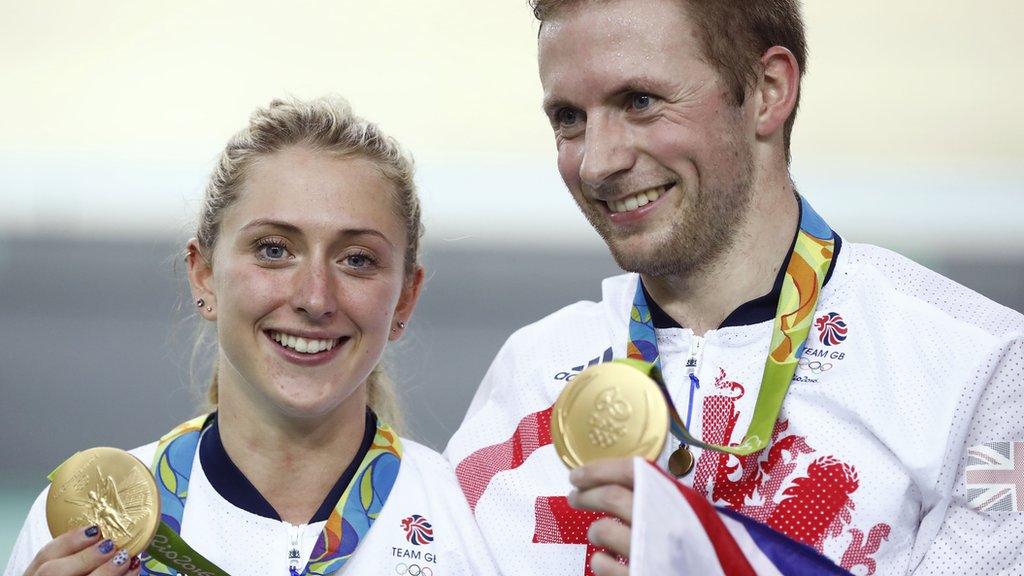Ed Warner: UKA chief's legacy is 'destruction of coaching' - Toni Minichiello
- Published
Minichiello criticises Warner's reign as UK Athletics chief
Outgoing UK Athletics chief Ed Warner's legacy will be the "destruction of coaching", says Toni Minichiello, the former coach of Olympic and world champion Jessica Ennis-Hill.
Warner will leave UKA after 11 years at the end of the 2017 World Championships in London, which run from 4-13 August.
In June, Warner said he was leaving athletics in "great shape".
However, Minichiello told BBC Radio 5 live: "There's nothing that's drawing people into the sport to coach."
Warner, who is co-chairman of London 2017, officially handed over his UKA role to successor Richard Bowker last month.
Minichiello said Bowker had "three years to save the sport" and that coaching should be his top priority.
Earlier in the week, Warner told BBC sports editor Dan Roan that there were "some fantastic prospects" and "great talent coming through" in athletics.
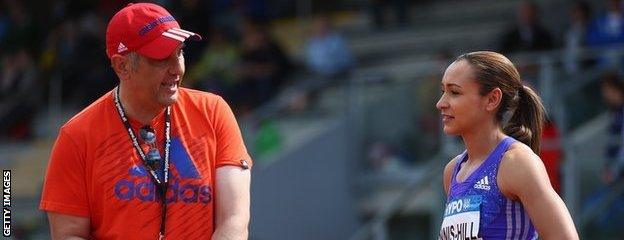
Toni Minichiello coached Jessica Ennis-Hill to Olympic heptathlon gold and silver and three world titles before her retirement last year
'He spotted it and did nothing'
Minichiello noted that Great Britain's four individual medallists at the 2009 World Championships in Berlin - Ennis-Hill, Phillips Idowu, Lisa Dobriskey and Jenny Meadows - all had British coaches.
Britain also had four individual medallists at Beijing 2015 but only Ennis-Hill was coached by a compatriot. Mo Farah, Greg Rutherford and Shara Proctor are coached by Americans Alberto Salazar, Dan Pfaff and Rana Reider respectively.
"I sat with Ed Warner in a hotel in Berlin and he said to me 'Britain only has two world-class coaches, what are we going to do?'" said Minichello.
"If you recognise that, what are you going to do about it? And the bottom line is: nothing.
"He didn't employ more coaches, didn't push the education process, didn't professionalise coaching so that he'd leave a legacy of coaches out there doing work, employed in clubs - he didn't take the opportunity, yet he spotted it in 2009.
"And as he's going out the door some eight or nine years later, he's got an OBE for services to athletics and he's suggesting that the sport is in a better place - I disagree."
'A real downgrade of coaching'
After Ennis-Hill won Olympic heptathlon gold at London 2012, Minichiello said he was made redundant because he was "not seen as value for money" in coaching only one athlete "regardless of whether she was a medallist or not".
Minichiello was then paid as a consultant leading into the 2016 Games in Rio, where Ennis-Hill won silver, after which the consultancy ended, with Ennis-Hill retiring in October last year.
"Most of the coaches out there are there are volunteers or they've got jobs doing football sprinting, working with rugby clubs or football clubs or working a nine-to-five job," said Minichiello.
UKA says it has 25 individuals in coaching roles on a mixture of employment and consultancy contracts and does not disclose salaries.
England Athletics does not directly provide coaching to athletes and relies on volunteers, but says it provides support and development to coaches, including tutors who "deliver the courses that lead to UKA qualifications".
It added it has 160,000 athletes registered from 1,300 affiliated clubs and organisations and that its 21,000 leaders and coaches - up 9% from last year - "provide a tremendous service".
"There's a point where you have to flip over and think, if the athlete's full time, the coach needs to be full time," said Minichiello.
"Most people are looking for full-time professional coaches who can give them time, and are actually of a quality.
'The gap has grown massively'
UKA will receive total funding of £27m for the Rio-Tokyo Olympic cycle, which Minichiello says is "for the performance end of the sport" and is not concerned with younger athletes.
"The gap has grown so massively between what happens at club level - which is everybody's first experience of our sport - and what happens at the top end," he said.
He also cited an example of a crowd of three people at the Premier League of British Athletics in Sheffield being asked to help out running the long jump competition.
He said: "Can you imagine: 'Sir Alex Ferguson, can you come out of the stand mate, and hold this hanky and run up the line?' You wouldn't find that in any other sport and this is the top flight of athletics."
Minichiello added he was wary that the success of the 2012 London Olympics and Paralympics would gloss over the problems he sees in coaching.
"This is part of Ed Warner's legacy, but it's ignored because we're looking at the grandiose Olympic Stadium, we're looking at the Paras, we're looking at all these tickets sold," he said.
"But you've also got very few tickets sold for the National Championships, you've got a lack of officials, a lack of quality happening at the Premier League."
Warner told the BBC's Dan Roan: "There's something very different between the trials and championship themselves - let's face it we have had over a million tickets to sell this summer to British athletics fans across all of our events.
"I can understand why some fans might choose to want to come here to the Olympic Stadium rather than the warm up of the trials, so I think this is what the sport needs to be judged on and will come through with flying colours."
- Published2 August 2017
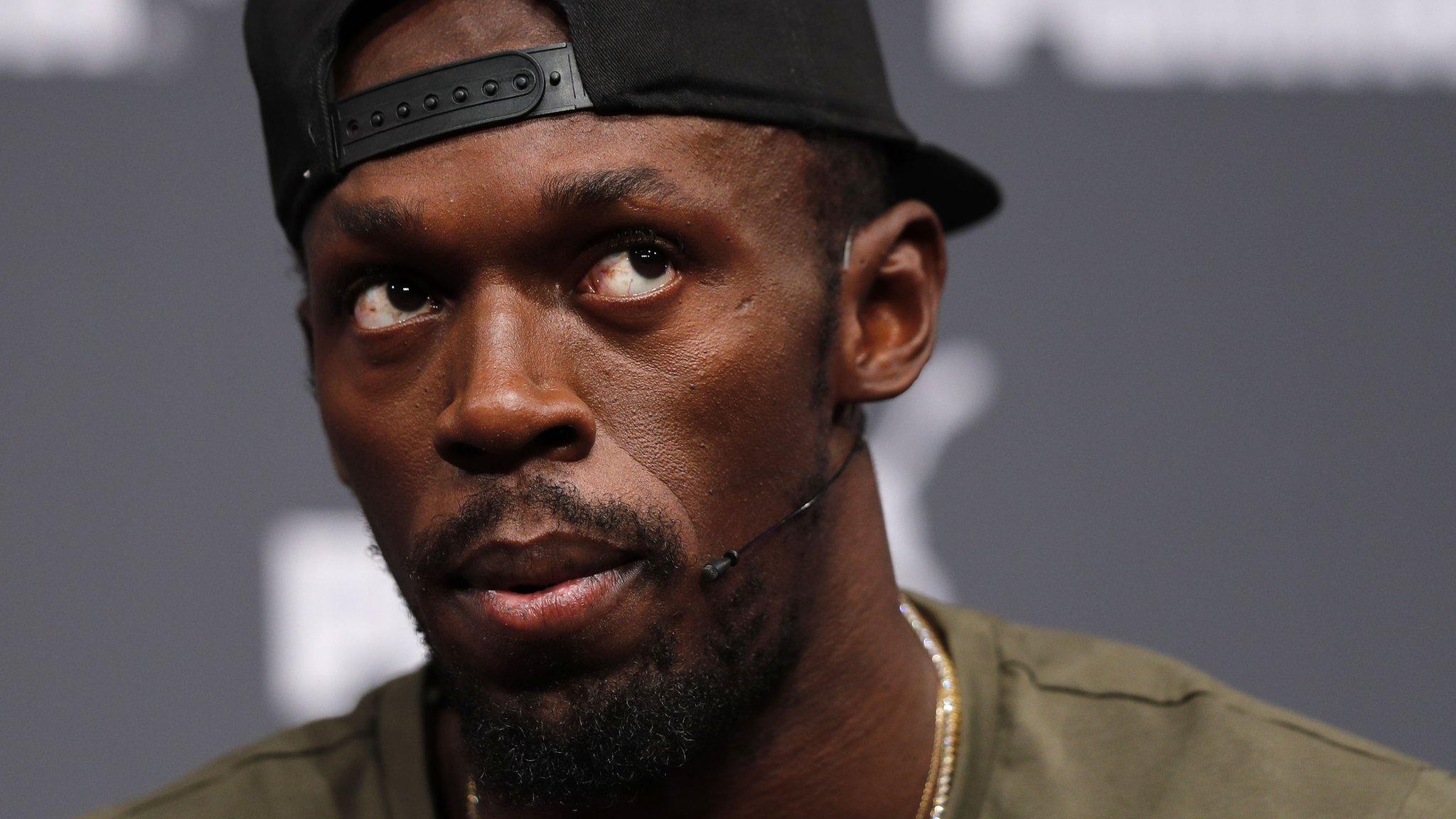
- Published2 August 2017
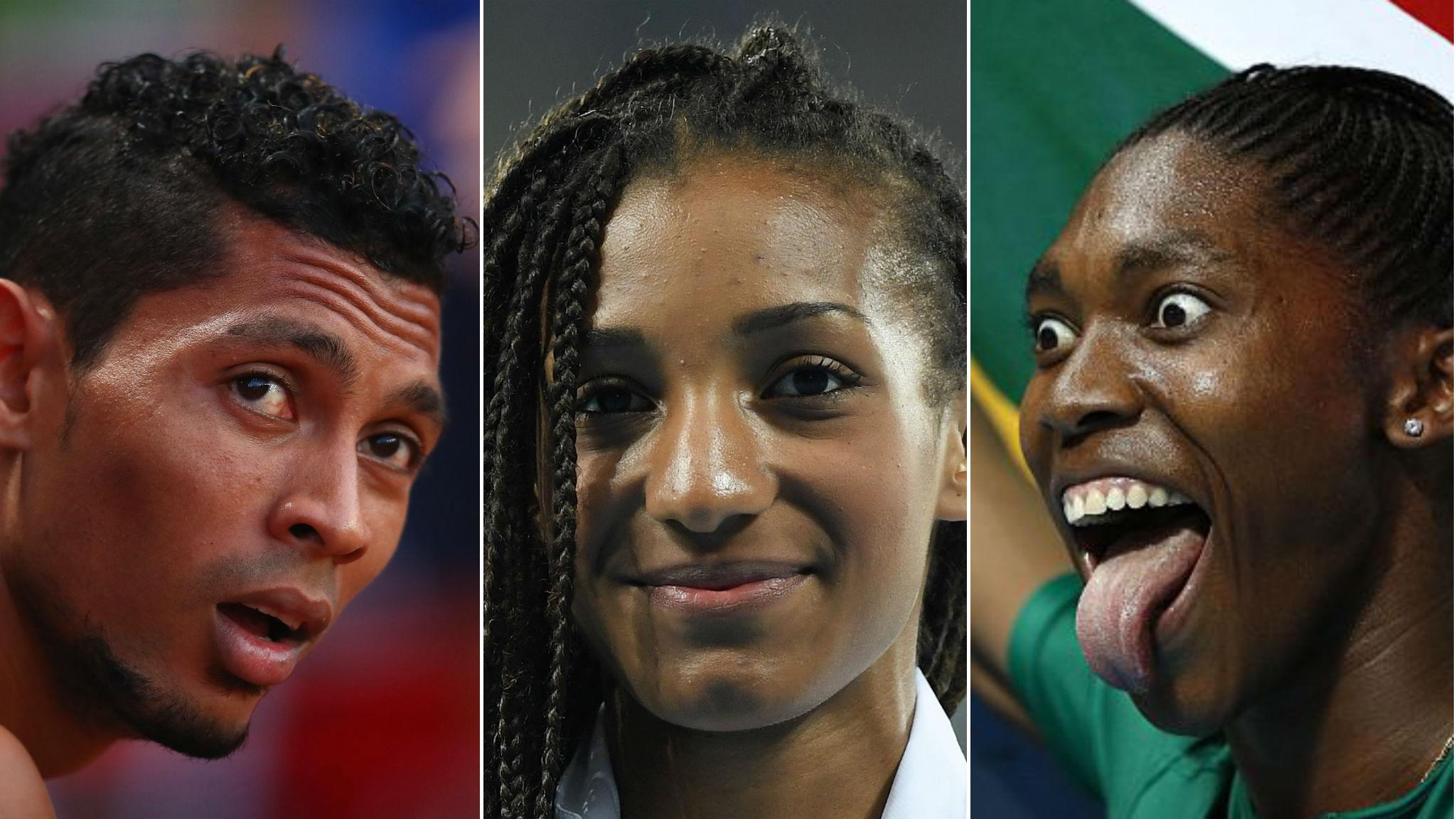
- Published13 August 2017
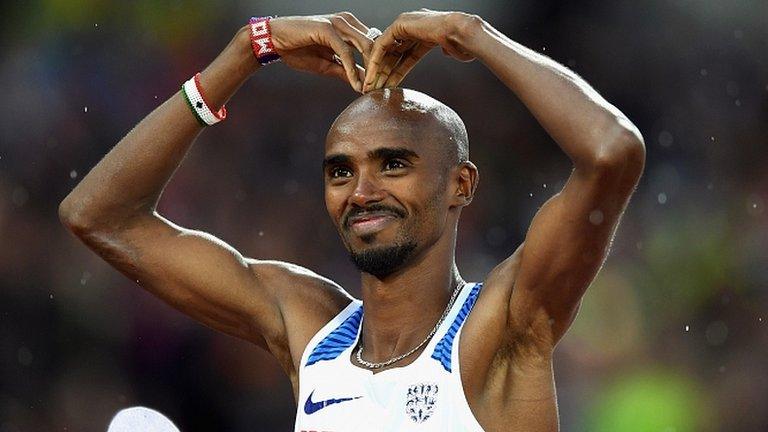
- Published3 March 2018
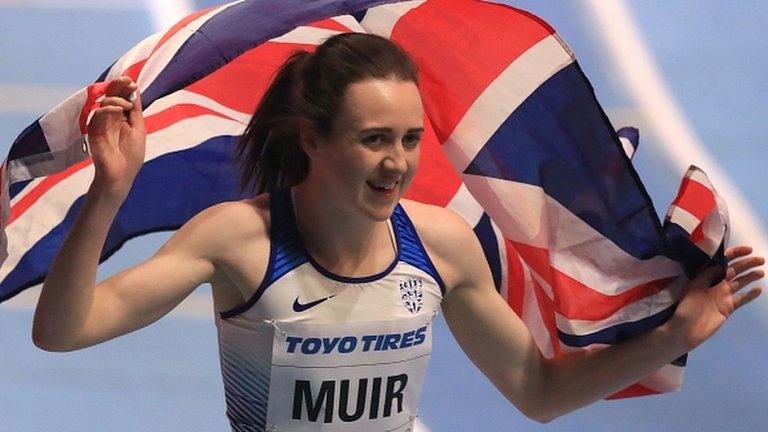
- Published29 June 2017
